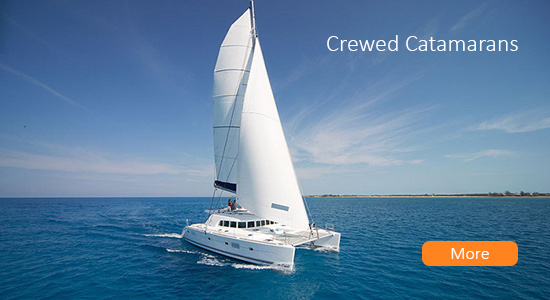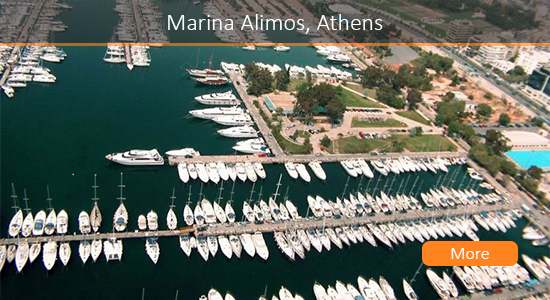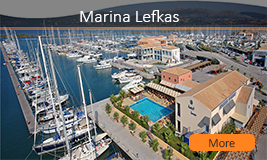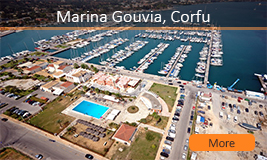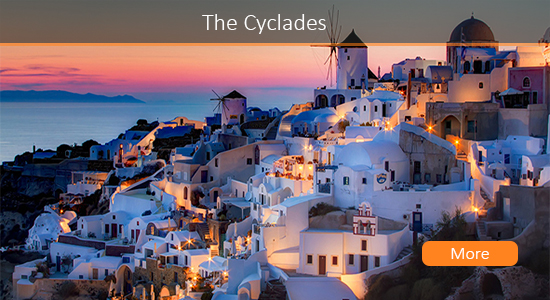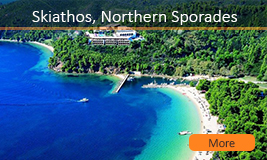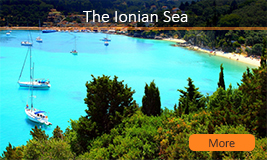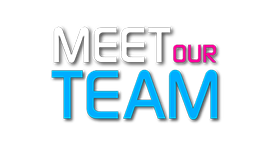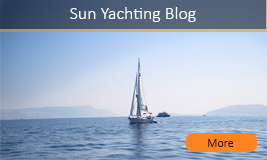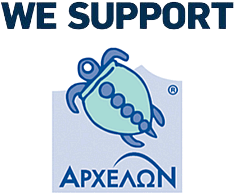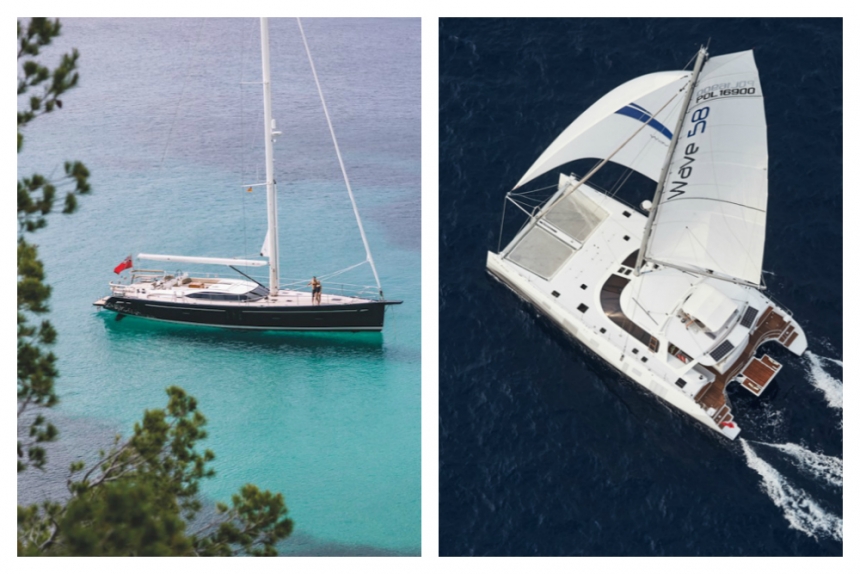What to Charter this Summer - Monohull or Catamaran?
Thursday, 22 March 2018 10:54The great debate over which is better – one or two hulls – is one that many sailors enjoy having on deck while sipping something cold. While there are advantages and disadvantages to both, it usually just comes down to personal taste, intended use of the sailing boat and your sailing destination. If you are thinking of chartering a sailing boat this summer, then here is the lowdown in terms of space, performance, maneuverability and price.
First up is aesthetics. Monohulls are more beautiful and elegant than Catamarans, it’s just a fact. So if that is a deciding factor for you, go for the monohull every time.
Space and Layout
One of the first things that catamaran fans will talk about is the extra space that they afford. Usually there is more interior space, with the typical charter having four cabins and a large common area. The layout of a catamaran allows more privacy and if you have children aboard, there is greater separation from the main living space and the cabins, making it easier for smaller children to nap and go to bed at a decent hour. Outdoor space is enough to entertain a large gathering which makes a catamaran a great choice for family groups. It may also be the boat of choice for scuba divers as it affords more storage space for equipment and easier entry and exit from the water.
Another distinct advantage of a multihull boat is that since the majority of the living area is above the waterline, you get better airing keeping it cooler and more pleasant in the daylight hours. So it would seem that in terms of livability and comfort, the catamaran is the right choice.
Monohull sailing boats, in terms of space, tend to be smaller simply due to the shape of the boat and the usable space its design allows. Living areas, except for the cockpit, are below the waterline which, after a while aboard, can bring you down with a touch of cabin fever. Most sailors are used to this and not so bothered by it. For non-sailors, or those who suffer from claustrophobia, it can be very uncomfortable.
Ventilation on a monohull can be less than adequate in hot climes if you don't have air conditioning. Breeze boosters can help, but you need a breeze!
Maneuverability and Performance
Because of their size, catamarans are usually more stable. Their stability is possibly the greatest advantage over the monohull, in particular for children, seniors and the cook! Catamarans don't rock and roll the way monohulls do, making them easier to sail, more difficult to sink and faster especially on downwind runs, reaches and broad reaches. Also, it is difficult to get seasick on a catamaran.
This stability is a distinct benefit until the sailing conditions get rougher. A catamaran will lose stability once it starts to heel until it is upside down and does not ride well in squally conditions. Because of the wide bridge, there can be some rough and uncomfortable riding with slapping or pounding in heavier seas and winds. If you will be heading to the easy sailing destinations in Greece, where conditions are excellent the catamaran would be a comfortable and safe choice.
When it comes to maneuverability the twin engines of the catamaran make it relatively easy and having two engines about 20 feet apart eliminates the need for a bow thruster. They also have shallow drafts, so you can anchor closer to shore and navigate into places you can’t get to with a monohull. Two hulls also ensure no keeling, although some would argue that that is the most exhilarating part of sailing!
The design and layout of the catamaran do contribute, however, to some performance and maneuverability issues. They are not able to sail as close to the wind as a monohull, they are inefficient upwind and tacking a catamaran is just not the same.You have to have sufficient speed to carry you through the tack without losing forward momentum. A catamaran is much lighter than a monohull of the same area and for that reason, they slow down quicker. A sharp directional turn, like you would make in a monohull, is not possible. If concerned about tacking, fire up the motor to help you get through the tack. Alternatively, douse the sails altogether.
Monohull converts, on the other hand, will argue that maneuverability is better on a single hull because you’re not dealing with two hulls and they are quicker to respond to the helm than a catamaran. They can make sharper turns and navigate much more easily through tight spaces and narrow channels. Plus, their higher hull displacements reduce the adverse effects of cross winds. Monohull enthusiasts claim the design works harmoniously with the elements instead of trying to fight them.
Docking for the night
While it’s relatively easy to dock a catamaran with two motors and two rudders, as there is no need for a bow thruster; its size means that it can often take up more space which can drive up the docking costs. Also the catamaran may not always fit into smaller out-of- the-way harbours. It is possible to anchor or moor the boat and use the dinghy get ashore. A monohull is much easier to dock, takes up less space, and is cheaper to dock, haul and slip.
Catamarans have little to no heeling and they don’t roll at anchor whereas monohull do and can be uncomfortable and cause seasickness.
Costs
Catamarans with similar sleeping capacity and equipment are usually more expensive to charter than monohulls as their maintenance costs are much higher.
Since catamarans have reduced wetted surface area on their hulls, they are much more fuel-efficient. In light winds, they can use just one engine to propel the boat. But, not so much in heavier weather, where the higher efficiency of a monohull design presents less resistance.
Weighing up the pros and cons
All things considered, it seems that at the end of the day personal preference is the deciding factor. Although the great debate is sure to continue, your needs according to personal preference, your group’s requirements and budget should all be in alignment with your final choice.

